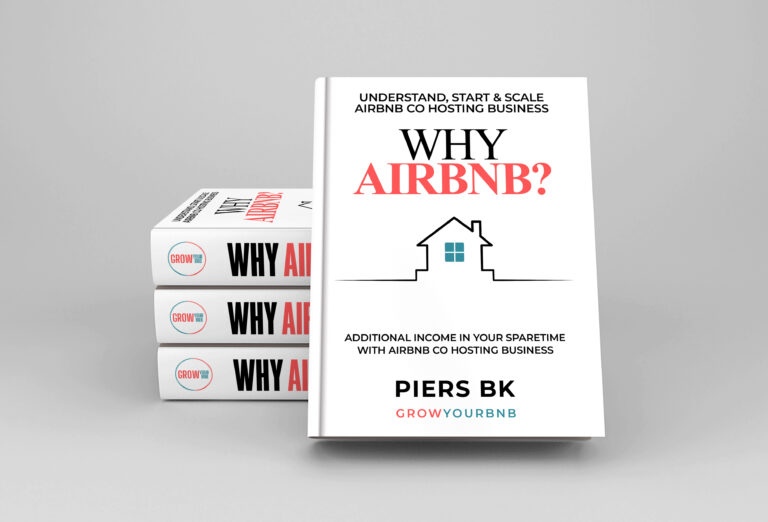In the competitive world of short-term rentals, effective marketing, advertising, and branding are essential for attracting guests and standing out from the crowd. While these terms are often used interchangeably, they represent distinct aspects of your rental business’s growth and success. This blog post delves into the differences between marketing, advertising, and branding in the short-term rental industry, empowering hosts to leverage each effectively for maximum impact.
Understanding Marketing, Advertising, and Branding:
Before diving into the specifics, let’s clarify the definitions of marketing, advertising, and branding:
- Marketing:
Marketing encompasses the broader strategy of promoting your short-term rental business to attract guests and drive bookings. It involves understanding your target audience, identifying their needs and preferences, and developing strategies to meet them. Marketing efforts may include market research, pricing strategies, distribution channels, and customer relationship management.
- Advertising:
Advertising refers to the specific tactics and channels used to promote your short-term rental properties to potential guests. It involves paid communication through various channels, such as online ads, social media campaigns, email marketing, and print media. Advertising aims to increase brand visibility, generate leads, and drive direct bookings by reaching your target audience effectively.
- Branding:
Branding is the process of shaping your short-term rental business’s identity and perception in the minds of guests and potential customers. It involves defining your unique value proposition, establishing a consistent visual identity and messaging, and fostering emotional connections with your audience. Effective branding helps differentiate your properties from competitors and builds trust and loyalty among guests.
Diving Deeper into Each Concept:
Now that we’ve clarified the distinctions between marketing, advertising, and branding, let’s explore how each concept applies to the short-term rental business:
- Marketing Strategies for Short-Term Rentals:
- Develop a comprehensive marketing plan that outlines your target audience, competitive analysis, pricing strategy, and distribution channels.
- Utilize online platforms such as Airbnb, Booking.com, and HomeAway to showcase your properties and reach a wider audience.
- Implement search engine optimization (SEO) techniques to improve your property’s visibility in search engine results and attract organic traffic.
- Leverage social media marketing to engage with guests, share valuable content, and promote special offers and discounts.
- Advertising Tactics for Short-Term Rentals:
- Invest in paid advertising campaigns on platforms like Google Ads, Facebook Ads, and Instagram to target specific demographics and interests.
- Partner with local businesses, tourism boards, and travel influencers to reach potential guests through sponsored content and collaborations.
- Utilize retargeting ads to re-engage website visitors and previous guests who have shown interest in your properties.
- Experiment with different ad formats, messaging, and visuals to optimize your advertising campaigns for maximum impact.
- Branding Strategies for Short-Term Rentals:
- Define your brand’s unique selling proposition (USP) and key brand attributes that differentiate your properties from competitors.
- To create a consistent brand image across all touchpoints, develop a cohesive visual identity, including a logo, color palette, and brand guidelines.
- Tell your brand story through compelling storytelling and content marketing to connect with guests on a deeper level.
- Prioritize guest experience and service excellence to build positive word-of-mouth and online reviews that reinforce your brand reputation.
Marketing, advertising, and branding are all essential components of a successful short-term rental business, each serving a distinct purpose in attracting guests and driving bookings. By understanding the differences between these concepts and implementing targeted strategies for each, hosts can elevate their properties’ visibility, appeal, and reputation in the competitive rental market.




